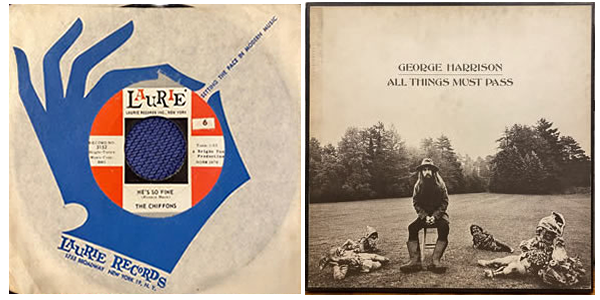My Sweet Lord
{3 minutes to read} These days, we might all wish for some divine intervention to help quell the pandemic. However, the Lord works in mysterious ways and even disputes of a religious nature can find their way into our secular court system.
Recently I had a mediation between warring factions of a religious organization. The two sides were in two different courts with different, though somewhat related, disputes. It’s unclear how the court cases will come out and equally unclear whether mediation will be able to resolve their differences. The “ecclesiastical abstention doctrine” sets some limits on what courts will and will not decide when it comes to internal ecclesiastical disputes. The doctrine holds that the First Amendment places restrictions on the ability of a court to decide issues of church doctrine or leadership.
Courts can decide certain matters. For example, when there is a dispute over a piece of property — does this group own it or does this other group own it — it can be appropriate for the court to review the facts and documents relating to ownership and make a finding, even though the dispute is within a religious organization. That is like many other disputes over property and does not require the court to address church doctrine.
However, a dispute about who is a group’s proper religious leader may not be within the court’s purview to decide. Courts are not supposed to analyze a church’s beliefs or the system for choosing its leaders. In contrast, in the secular realm, courts have the authority to address legal issues relating to corporate matters that can result in a leadership change. Because people are people, conflicts that arise within a religious organization can be similar to those in secular organizations. And if the church treasurer steals funds, they can be prosecuted. But if the issue is whether money being spent is consistent with the church’s mission, the courts will most likely stay out.
The more general point here is that the courts do not have the legal authority to address all disputes. Some cannot be resolved, or even addressed, by the courts. But guess what: mediation can address all of them, secular or religious, and provides a unique process for resolving conflicts that may not be appropriate for the court system.
One semi-spiritual matter that a court did address (many years back now) involved the wonderful Chiffons hit, He’s So Fine. Summoning his divine voice, George Harrison wrote My Sweet Lord, also a wonderful piece, but a little too close to the Chiffons hit. Harrison was successfully sued for copyright infringement in a case that dragged on for ten years. If you record either song, be prepared to pay royalties. Would a church choir singing My Sweet Lord as part of their religious service have to pay royalties? Don’t know, but if they were contacted by a lawyer, my recommendation would be to contact a mediator posthaste.
Hallelujah.
 |
Gary Shaffer Shaffer MediationGary@ShafferMediation.com |

